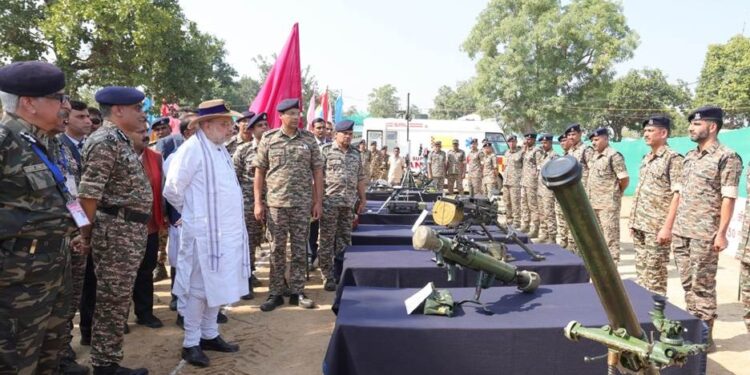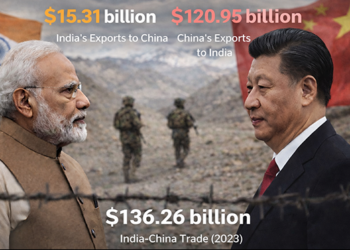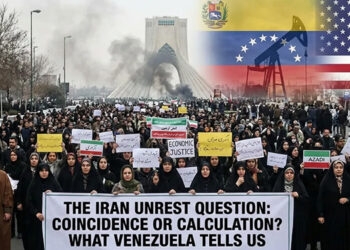The Union Home Minister, Amit Shah, categorically and publicly rejected the Naxal demand for a ceasefire while delivering the valedictory address at the Naxal Mukt Bhatat symposium organised by the Shyama Prasad Mukherjee Research Foundation (SPMRF). He stated, “I want to say there will be no ceasefire. If you want to surrender, there is no need for a ceasefire. Lay down your arms, not a single bullet will be fired,”
However, DG BL Vohra, an eminent Police veteran, argues in favour of accepting the olive branch.
In a recent news item earlier this week, Chhattisgarh Police said they were verifying the authenticity of a letter, issued through a press release in the name of the central committee of the banned CPI (Maoist), which claimed that the rebels were ready to “declare a temporary halt to the armed struggle and hold talks with the government.” The letter further states that the Maoists were taking forward the process of peace talks and mentioned requests to them from the PM and Home Minister to lay down arms. It said that they were ready to hold talks with the Union Home Minister, “or persons appointed by him or with a delegation,” and suggested that discussions be held via a video call.
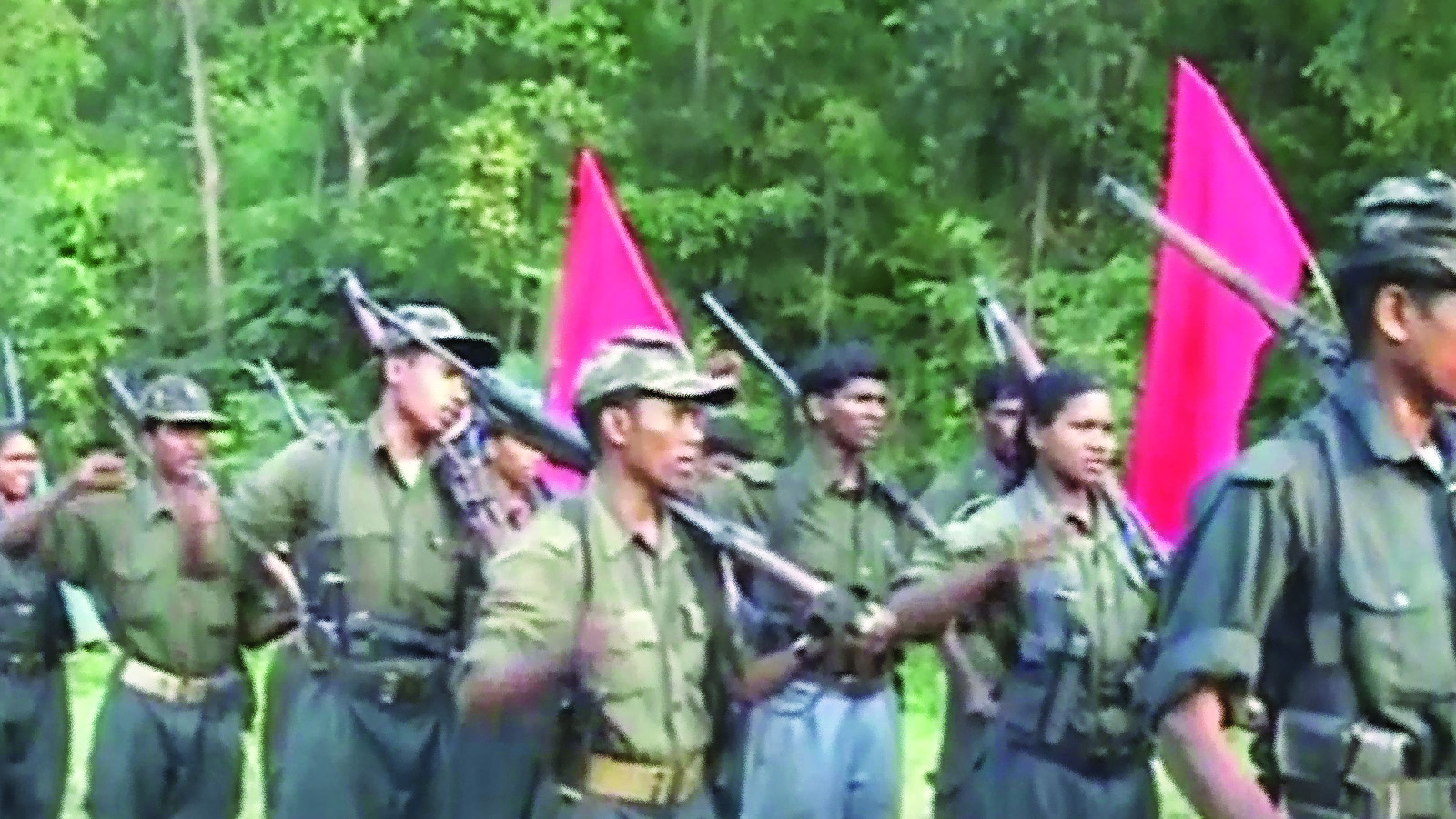
If the letter is found to be genuine, it’s a welcome step. Continuous violence doesn’t benefit anyone, and that’s why PM and HM have been asking them to lay down their arms. Obviously, the Maoists wouldn’t have taken such a step if they were still strong enough to continue their armed struggle. Many recent successes by the security forces, achieved through stepped-up operations in a highly coordinated manner by the concerned security forces, intelligence agencies, and the use of the latest technology in various forms, have bolstered the government and significantly reduced the Maoists’ ability to continue violence. Due to these successes, the Union Home Minister has been claiming that the menace of Naxalism will end by March 2026, as the areas under strong operations and influence of Maoists have shrunk considerably in the past few years. And now this intention of the Maoists confirms the recent claims made by the government of large-scale successes against them.
But to say that Naxalism is ending in the foreseeable future would be a pipe dream, and the government should move with caution.
First is the history. Many previous efforts at peace talks have failed to yield results. Secondly, the precondition of the government will be that the Maoists drop their weapons, which they won’t, and that will be a significant hurdle in talks, as they can use the ceasefire period to regroup and rearm themselves. Moreover, such ideological warfare doesn’t go away permanently, generally even if their violent activities are decimated. Before us are the Khalistani movement in Punjab, the ULFA in Assam, the PLA, PREPAK, and other groups in Manipur, as well as the NSCN groups in Nagaland – the Nagas’ movement actually began in the pre-independence era and is thus the oldest in the country. All these movements continue, even in depleted conditions, despite peace talks, and many of them persist because some group or another will always raise the flag. And let’s not forget that this violent Naxalite movement is almost eight decades old, starting in 1967 in West Bengal. To dream that it will vanish overnight is overly optimistic.
Having said that, we shouldn’t be totally pessimistic either. The government should seize the olive branch if it is truthfully offered. After all, they are our own people. Also, listen to genuine grievances and address them, as they ultimately represent a constituency and have strong support. There is no doubt that the tribals inhabiting their areas of influence haven’t got proper social and economic justice, which is their right like anyone else in India under its Constitution. The contractors and others who are sucking them, and many are also being looted by the Naxalites, need to be kept under check.
Simultaneously, the pressure of the forces should also be kept strong with no let-up in that. Those lessons learnt so far should come in handy. Unfortunately, in our country, we don’t have a system of institutionalised memory of how past successes were achieved. Every new Minister or senior officer in charge wants to reinvent the wheel de novo.
The funding channels to the Naxalites should also be entirely choked by utilising all channels available because money is always a lifeline for any such movement.
As part of the strategy, psychological operations against them should also be conducted on a massive scale, primarily through social media, which is prevalent these days. This will include facts and images of the gory violence committed by them, the crying families, including those of the Maoist cadres and the devastating effect on the lives of many.
Additionally, those surrendering weapons and not facing serious criminal charges should be properly rehabilitated with various incentives. Unfortunately, our experience in this regard has not been positive due to the fault lines in the government’s functioning. I’m saying this with a sense of responsibility, having dealt with the issue of surrendered insurgent cadres in both Manipur and Tripura, where I served as Home Secretary and DGP, respectively. We opened the so-called peace camps for such cadres with great fanfare, but the action thereafter was very disappointing, to say the least. As a result, quite a few surrendering cadres wanted to return to the jungles to resume their earlier life with weapons, thus turning back the clock. It is, therefore, essential to select dedicated officers with sufficient funds and flexibility to carry out this task of rehabilitation. If done well, it’ll attract more armed cadres to surrender.
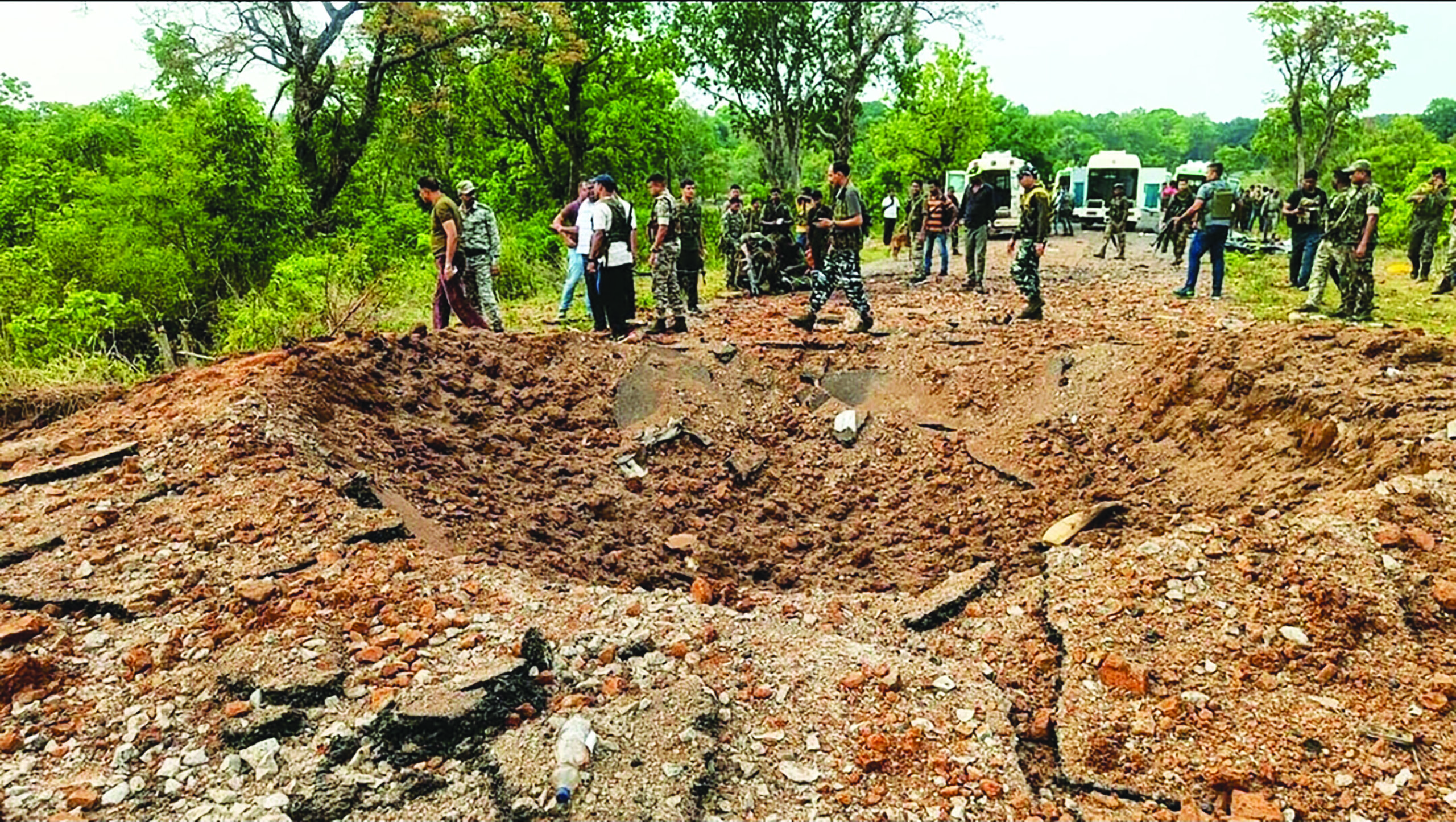
Another essential requirement for success against the movement of Naxalites is that all political parties should be on the same page, which unfortunately has not been the case. The opposition should bear in mind that once Prime Minister Man Mohan Singh had called the Naxalites the most significant security challenge before the country. The achievement of this success is also essential because, as a Nation, we have failed to tackle this problem effectively due to other priorities.
As countrymen, we offer our full support to the government and also appeal to the Maoists not to let this opportunity for peace slip away from their grasp.


